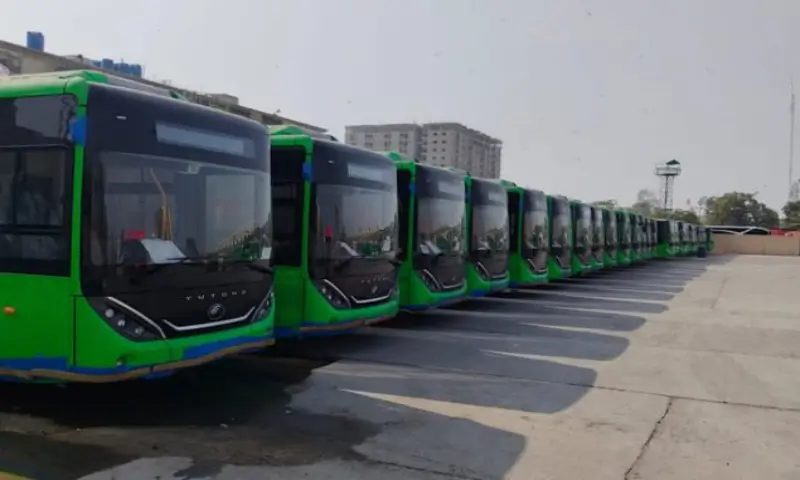People in China will be able to take a cab without someone behind the wheel for the first time.
Baidu (BIDU) and Pony.ai, an autonomous driving startup, announced on Thursday that they had received the country’s first permits to offer public Robotaxi ride-hailing services.
It is not necessary for an operator to sit in the driver’s seat to obtain a permit.
During daylight hours, travelers can use each company’s separate applications to call for cabs, which was launched in Beijing on Thursday.
For the time being, each company will be limited to a 23-square-mile region and will be required to maintain an operator in the front passenger seat to take over in the event of an emergency.
Riders can currently participate in the programs for free.
In the world’s largest car market, the news is a significant step forward for self-driving technology.
Baidu is most known for its search engine, but it also controls China’s largest fleet of autonomous vehicles.
It stated that the program will begin with 10 automobiles and would be expanded to 30 vehicles later.
According to Pony.ai, a fast-growing business created by former Baidu engineers in Fremont, California, up to 300,000 Beijing residents will be able to try out the experience.
Toyota (TM) and other manufacturers have invested in the company, which is currently valued at $8.5 billion.
China has emerged as a key testing ground for autonomous vehicles, with a small group of forward-thinking firms setting new benchmarks on a variety of fronts, including removing the safety driver, opening up their services to the public or operating on public roads, and the number of miles their vehicles have been tested.
Baidu has previously been granted permission to provide ride-hailing services in autonomous vehicles in a number of locations, including Beijing, though a person had to remain in the driver’s seat.
In 2020, AutoX, a Chinese firm financed by Alibaba (BABA), will launch completely autonomous Robotaxis on public roads in Shenzhen, albeit this project will not be able to accept regular passengers.





















